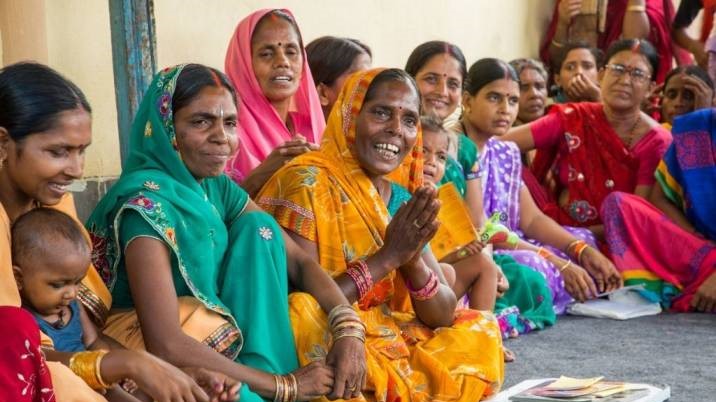Brulé Offers Insights Into COVID-Exacerbated Gender Inequality

Rachel Brulé, Assistant Professor of Global Development Policy at the Frederick S. Pardee School of Global Studies at Boston University, published an article in the Georgetown Journal of International Affairs on a particularly consequential form of inequality that has been exacerbated by COVID-19: gender.
In the article, titled “State-Society Relations & Global Pandemic Responses: Why Gender Quotas in India Matter,” Brulé describes expanding global inequalities that have been worsened due to the COVID-19 pandemic, specifically gender inequality. She outlines the benefits of gender quotas as a means to upend entrenched social, political, and economic hierarchies, enabling greater trust among citizens and in the state. While the benefits of quotas have been seen in India, Brulé argues that they are not a global cookie-cutter solution; quotas must work in tandem with policies that maximize the bargaining power of the most vulnerable groups.
An excerpt:
Remedying gender inequality is a prerequisite for countries to thrive in the wake of the global pandemic and future global challenges. To understand how, consider India, the world’s largest and yet poorest of the enduring democracies, with immense regional variation in the scope and impact of state projects to improve social, political, and economic equality. In India, quotas for women as elected heads of local governments enable the state to be more accessible, supportive of, and responsive to female citizens. This upends prior hierarchies not only in the polity but in the economy and family, which opens the door to greater citizen-state engagement, trust, and resilience in response to crises such as COVID-19.
The full article can be read on the Georgetown Journal of International Affairs’ website.
Rachel Brulé is an Assistant Professor of Global Development Policy at the Frederick S. Pardee School of Global Studies at Boston University and core faculty of the Global Development Policy Center’s Human Capital Initiative. Her research interests are broadly in comparative politics, international development, political economy, and gender, with a geographical focus on South Asia. Read more about Professor Brulé on her faculty profile.